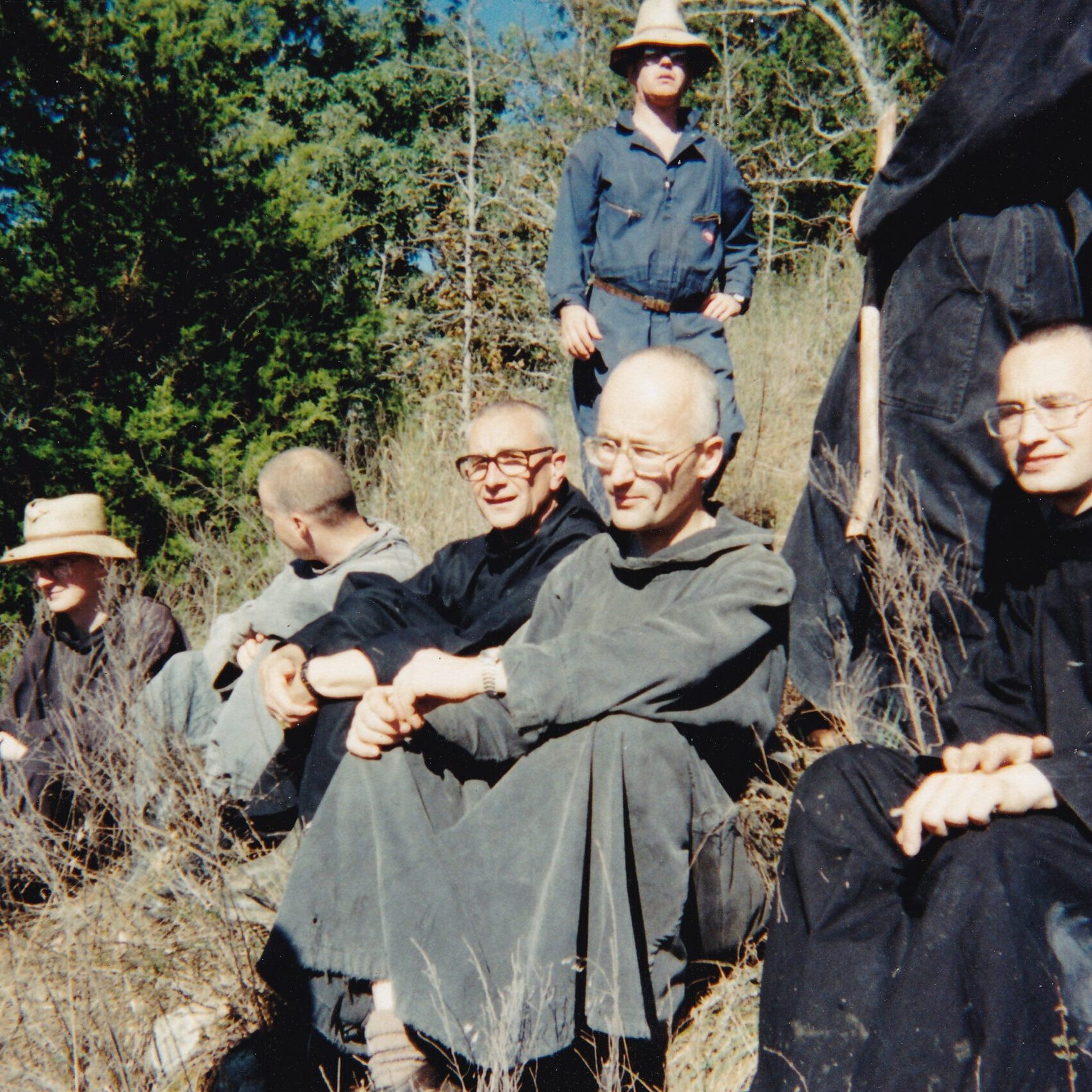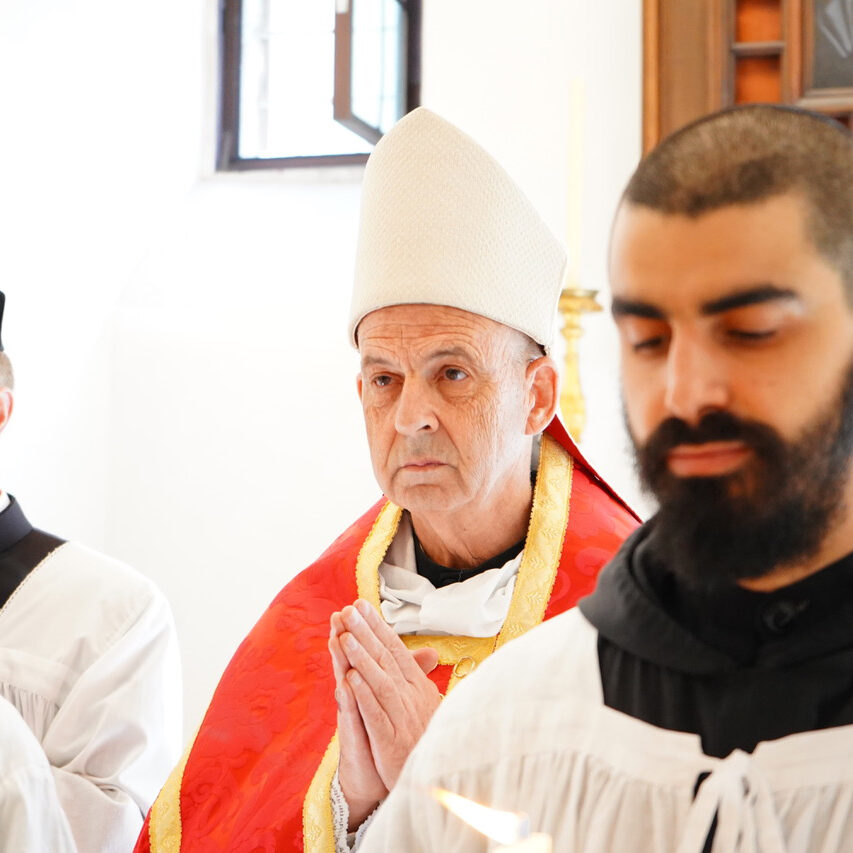Dear Friend of Clear Creek,
Today I am writing to you for a very special purpose. Clear Creek Abbey has accepted to be the headquarters for the promotion of the cause of beatification for the Servant of God Empress Zita of Habsburg. I think you will see how well this endeavor fits with our vocation as contemplative monks.
As is commonly said, Noblesse oblige: that quality we name ‘nobility,’ far from providing a reason to dispense a person from hard service, brings with it, on the contrary, a grave obligation to serve more than others. The Lord Himself said as much: “The Son of man is not come to be ministered unto, but to minister, and to give his life a redemption for many” (Matthew 20:28). The idea is familiar to monks, who find it inscribed in the Holy Rule of Saint Benedict, as pertaining especially to the abbot: “[let him remember that] to whom more is committed, from him more is required” (Rule, Chapter 2). The Blessed Virgin Mary, being the most exalted of human creatures, was also the humblest, referring to herself as a lowly servant, a slave in the original text. “Behold the handmaid of the Lord…” she said to the Archangel (Luke 1:38).
In the Servant of God, Empress Zita, we have a remarkable example of this humble nobility. After an enchanted childhood in a large and happy family, and a marriage of love with Karl of Habsburg, now Blessed Karl, the life of Zita, as one of her recent biographers tells us, became a tragedy: war, calumny, treason, solitude, exile, came in turn, and then the premature death of her husband. She might have let these events crush her. She might have, on the other hand, taken refuge in the privilege into which she was born, hedging her existence with powerful relations and material wealth where it could be found. Instead, turning to the grace of her baptism and the supernatural poverty of the Christian faith, Zita followed the logic of a nobler calling, spending herself in service to her children and many others, giving all of us a shining example of fortitude—and just plain courage: she really was, as her recent biographer wrote so well, Impératrice courage.
Thus, we understand that Empress Zita held during her lifetime a double title of nobility. On the one hand she represented the ideal of what has been called “Christendom,” a social organization existing in time, based on the Sovereignty of Christ the King, where rulers were once anointed by God with a special grace to govern their people (an ideal by the way which Zita never renounced); and on the other hand, she lived in an exemplary manner her participation in the Mystical Body of Christ, in that citizenship in the City above (not of this earth), the City of God, the City for eternity. As we ask the Church to recognize her sanctity and proclaim her Blessed, let us implore her intercession for the many needs of our troubled time: for the Church and for the people all over the earth.
On this past May 8th, the abbey hosted a gathering for a commemorative Mass for Zita, followed by a conference by the President of the American Foundation for the Beatification of Empress Zita and by a question/answer session animated by Princess Maria-Anna Galitzine, a granddaughter of Empress Zita. I hope you will support by your prayers and financial help the excellent cause of the beatification of Empress Zita, through the American Foundation mentioned above. See: https://www.empresszitacause.com/
br. Philip Anderson, abbot






